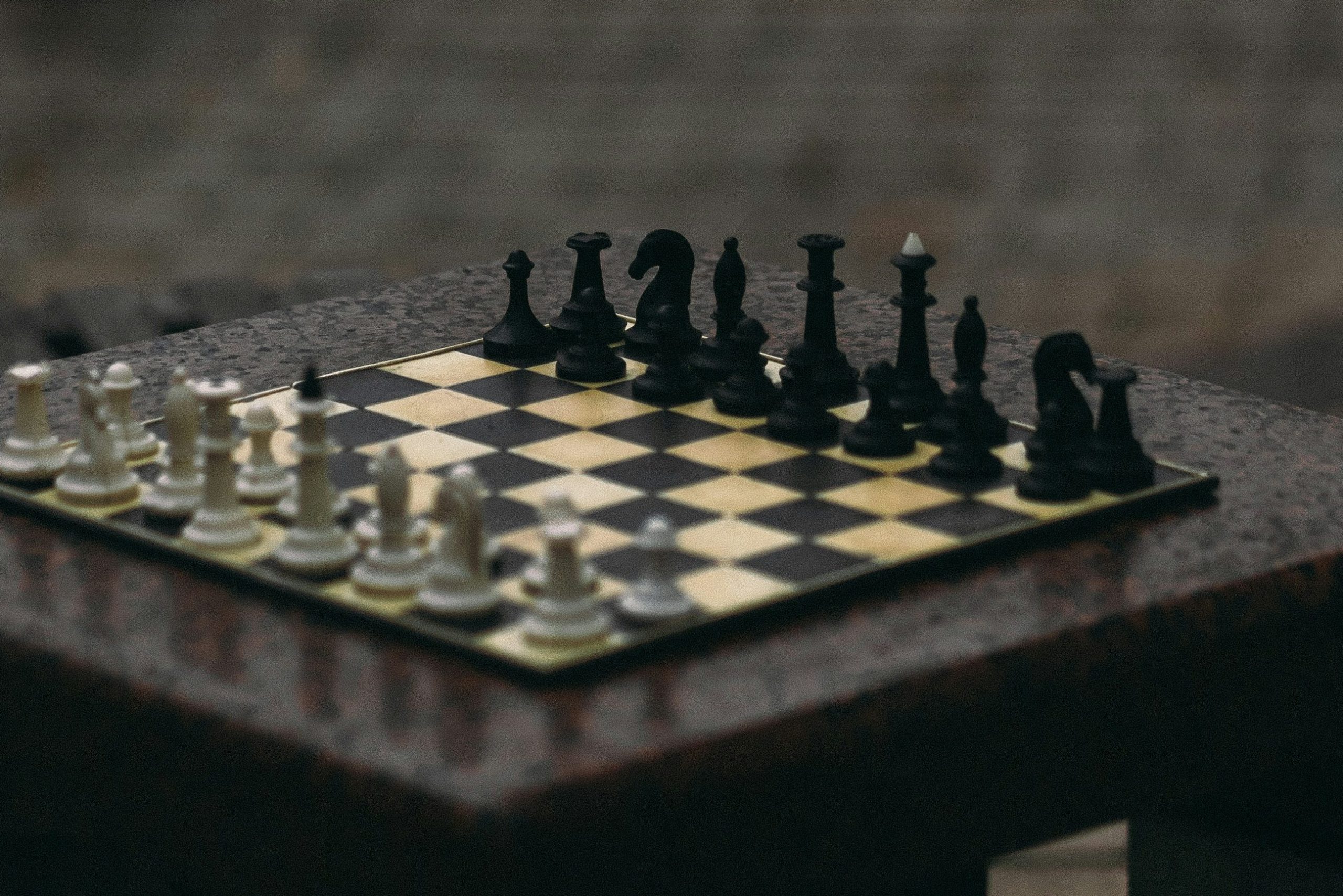
All the time, we try to make advances in society, we realise that sometimes the past is forgotten, or things that were discarded in past years, are resurfacing once again, using different terminology. As a chaplain in some of my discussions with colleagues on environment issues, we noticed that recent focus on simple living and eating organic foods is now popular, but let me say during colonial times, when Africans were living simple lifestyles as pastoralists or agriculturalist they were seen as primitive. It is interesting how civilization has brought us back to the past we once despised. The main take away for me, is about the questions we ask ourselves. For Africans, they understood the wisdom of simplicity and contentment and let me say a stress-free life. In modern times we notice that those with power, we are sometimes looking for ways to impose their culture on others. As Karl Marx and Franz Fanon observed, the capitalist apparatus or system, continues to prevail in our contemporary society in terms of what is considered ideal or must have. This makes me think that our society is structured along the lines of the means of production, and who is in control (Mocombe et al., 2024).
Writing from my perspective as a university chaplain, l have been amazed how some of the things l wanted to ask, or talk about seem at times to be not so important to the university community, and could this be related to where one was born? As a Shona from Zimbabwe, questions that fill my mind had to do with what the world means to me.
I draw inspiration from the game of chess and in my current role, l am found playing with staff and students in our community lounge or during fresher’s week. Being a chess player has meant that l try to think deeply. To educationalists this is very useful if one is to reflect and to challenge ourselves. We might also call this metacognition (Bahri et al., 2023), which is essentially thinking about your thinking. There is a lot of this when one is playing the game of chess. Perhaps, it can be helpful if we can begin to see life or the university context as a game of chess. If viewed this way, then a critical question becomes how do we win the game? Perhaps, this too is about asking the right questions. The endgame is an important part of chess. In a university context what is the end game about? Is it about ensuring that we have diversity, and everyone contributes to the life of the university? In a game of chess, gaining material advantage, position and so forth are relevant. They are not the end goal of the game however. This is not to say that there is something wrong with gaining material advantage, this alerts us to the fact that we can do all these things, but at the end of the day, it’s about who wins the game. I have also heard it said differently, “that you can win the battle, but lose the war”. So, if we are to apply this learning in a university setting, this makes us want to ensure that those actions that are considered important remain important. In other words, the main thing remains the main thing. The university must be a place of learning, questioning assumptions about the world that is around us.
In conclusion, my argument is centred on the type of questions that we ask, such that we might not get the answers to the challenges we are encountering, simply due to the wrong questions being asked. This is what l have found to be useful in my role as university chaplain, as l tried to navigate the different facets of university life. Hence, it is pertinent that each time, we ask ourselves, if we are asking the right question(s). This will make us realise the importance of asking the right questions in every part of our lives or university community. It seems as if the past comes to haunt us, and the secret when this happens its not to close our eyes and hope for the best, but to be bold to face new truths, and asking new set of questions can help.
Revd Dr Ericcson T. Mapfumo is a Trustee of the William Temple Foundation, missional priest in Charge of Christ Church Moldgreen and St James Rawthorpe and Anglican Chaplain at the University of Huddersfield. He holds several vocational and academic qualifications, and degrees in Theology from Durham University (Common Awards). With a doctorate specialising in the lived experience of Black clergy in the Church of England, his research is an essential focal point for intercultural ministerial relationships in religious institutions.
More blogs on religion and public life
- “Barnabas Thrive” led by Revd Dr Paul Monk, is awarded Kings Award for Voluntary Service
by Matthew Barber-Rowell - How could a Temple Tract have had even more traction?
by Simon Lee - Remembrance Day: Just Decision Making II
by Matthew Barber-Rowell - Trustees Week 4th Nov – 8th Nov 2024
by Matthew Barber-Rowell - Some ancient wisdom for modern day elections
by Ian Mayer
Discuss this